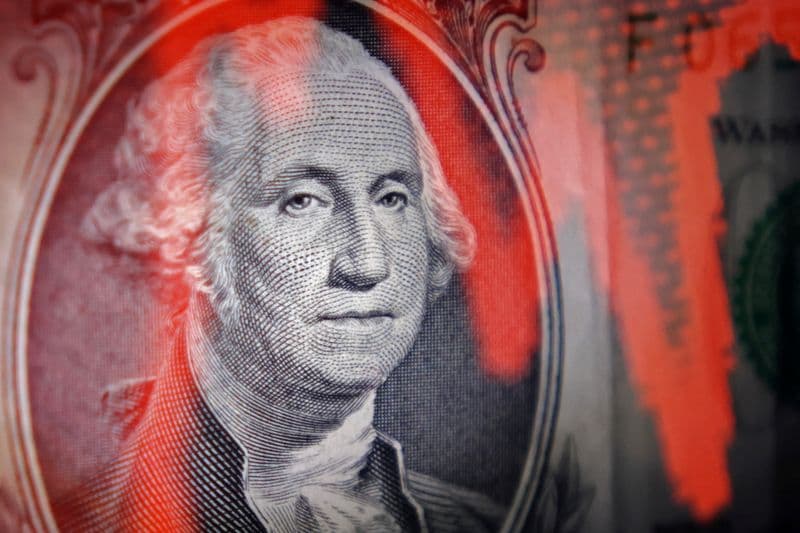When capital begins to diversify after a shock, as it did after the collapse of the Internet bubble in 2000, it portends a deep decline in the dollar.
Traders should prepare for a prolonged sell-off of the dollar, which could mirror the boom cycle and subsequent collapse of the Internet bubble era, when current currency support factors will be replaced by headwinds, RBC Capital Markets warns. Bloomberg writes about this.
The dollar has already suffered severely this year due to the uncertainty surrounding Trump's policies. However, he received support from the stock market rally and the influx of investments in American assets, primarily from large passive funds.
Over the past two decades, these global players have increasingly preferred more expensive American assets, especially stocks, and these flows in turn have supported the dollar, said Richard Kochinos, currency strategist at RBC.
"This concentration has worked well over the past 15 years, but it creates risks in the current environment," Kochinos wrote in a note. — "A significant change in demand (and relative profitability) can have a serious impact on the foreign exchange market."
When capital begins to diversify after a shock, as it did after the collapse of the Internet bubble in 2000, it portends a deep decline in the dollar, comparable in scale to the decline of the US currency from a peak to a minimum of 40% between 2001 and 2008, he wrote.
